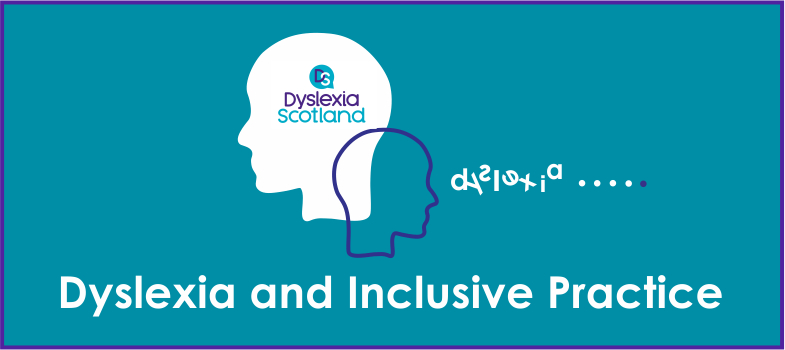6.1 Support Staff and Generic Approaches
It is important that all classroom practitioners involved in supporting learners have a similar approach. This is assisted by ensuring all support staff are given the same training across establishments and across education authorities.
Important facts to remember - that support assistants and other support staff:
- Develop valuable knowledge and understanding from working closely with a child or young person
- They are often the ‘key person’ who has a very good relationship with the child/young person
- They often have a very good overview from across the school of how the child/young person reacts in different subjects, their strengths, areas of difficulties and understanding of what approaches work well for them
- They may be able to provide important information and advice to classroom teachers on how best to support the pupil. This knowledge should be respected and included within the class teachers’ planning and also incorporated into the support plan developed by the Support for Learning teachers/Pupil Support department.
Having a consistent and wide range of support approaches available which are understood and used across the school by all support staff and teachers is very helpful, such as those highlighted in section 1.7 Appropriate Support Approaches
For example:
- Allowing a range of ways for learners to demonstrate their knowledge and understanding
- Scaffolding techniques to support writing and drafting
- Use of IT −
- digital exams and curriculum resources
- text to speech software (freely available)
- Overlearning activities and games.
6 Learning for sustainability
